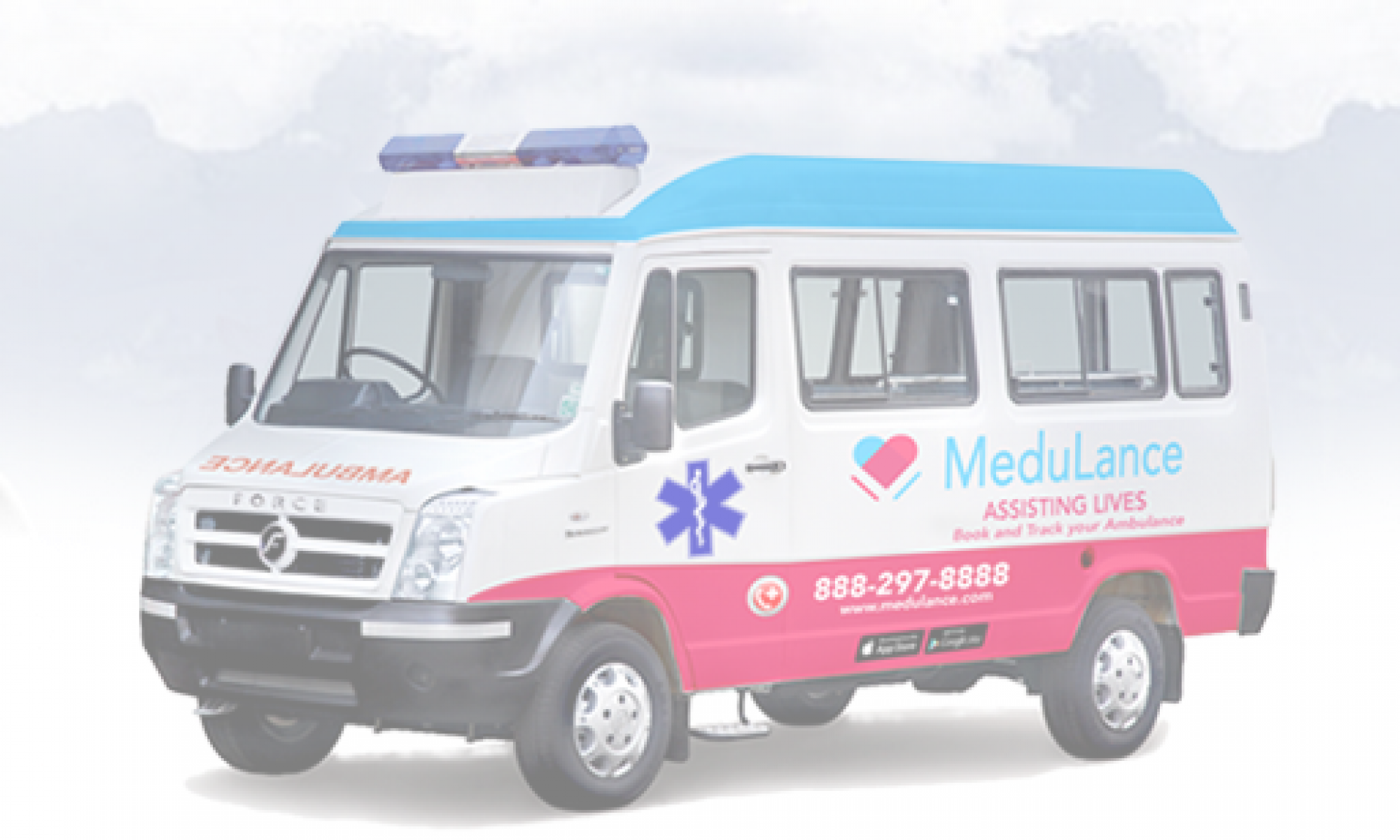India is currently home to a population of over one billion citizens, a concerning number of whom suffer from Mental Health issues. A study conducted by the World Health Organization in 2015 shows that one in five Indians may suffer from mental health issues in their lifetime, equivalent to 200 million people. Due to the stigma associated with mental illness, a lack of awareness, and limited access to professional help, only 10-12% of those suffering from mental health issues will seek help.
Sometimes, it will seem obvious when someone is going through a hard time, but there is no simple way of knowing if they have mental health issues. Sometimes you don’t need to know. It’s more important to respond sensitively to someone who seems troubled than to find out whether or not they have a diagnosis.
Although certain symptoms are common with specific mental issues, no two people behave in the same way when they are unwell. If you know the person well, you may notice changes in their behaviour or mood.
Signs of Depression
People who are depressed may:
● Have low confidence
● Lose interest in activities they normally enjoy
● Lose their appetite
● Get tired easily
● Be tearful, nervous or irritable.
● At worst they may feel suicidal.
Signs of Anxiety
People experiencing anxiety may:
● Have difficulty concentrating
● Be irritable
● Try to avoid certain situations
● Appear pale and tense
● Be easily startled by everyday sounds.
Panic Attacks
Panic attacks are usually a sign of anxiety. Someone having a panic attack experiences a sudden and intense sensation of fear. They may breathe rapidly, sweat, feel very hot or cold, feel sick or feel faint.
Obsessive Compulsive Disorder (OCD)
OCD is a common form of anxiety involving distressing repetitive thoughts. Compulsions are the actions which people feel they must repeat to feel less anxious or stop their obsessive thoughts.
Here are some tips on how to help someone struggling with mental health issues:
● Listen without making judgments and concentrate on their needs at that moment.
● Ask them what would help them.
● Reassure and signpost to practical information or resources.
● Avoid confrontation.
● Ask if there is someone they would like you to contact.
● Encourage them to seek appropriate professional help.
● If they have hurt themselves, make sure they get the first aid they need.
Medulance is a user-friendly way to request and track ambulances close to you. Medulance, India’s first, GPS based technology platform for fast and reliable first point medical attention.
